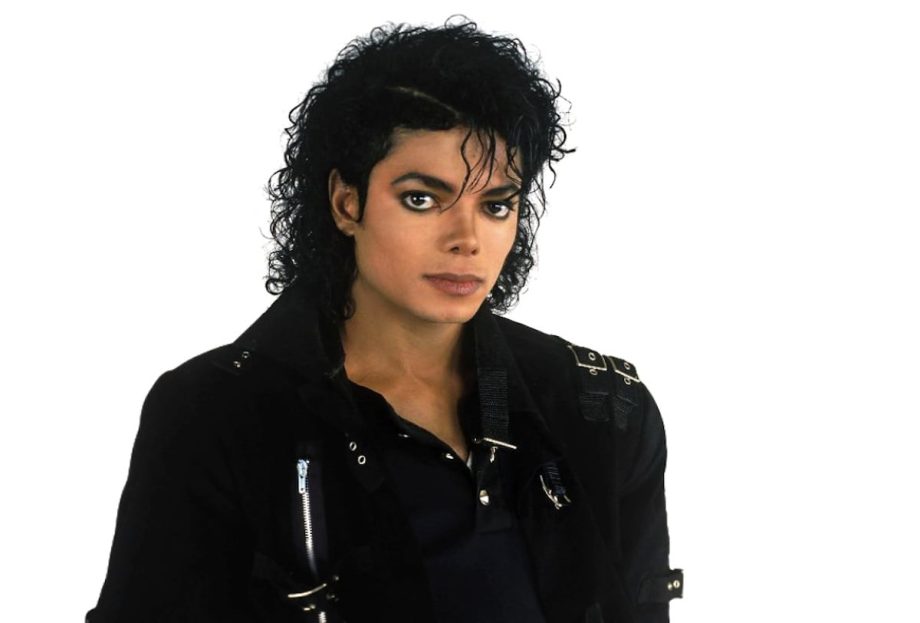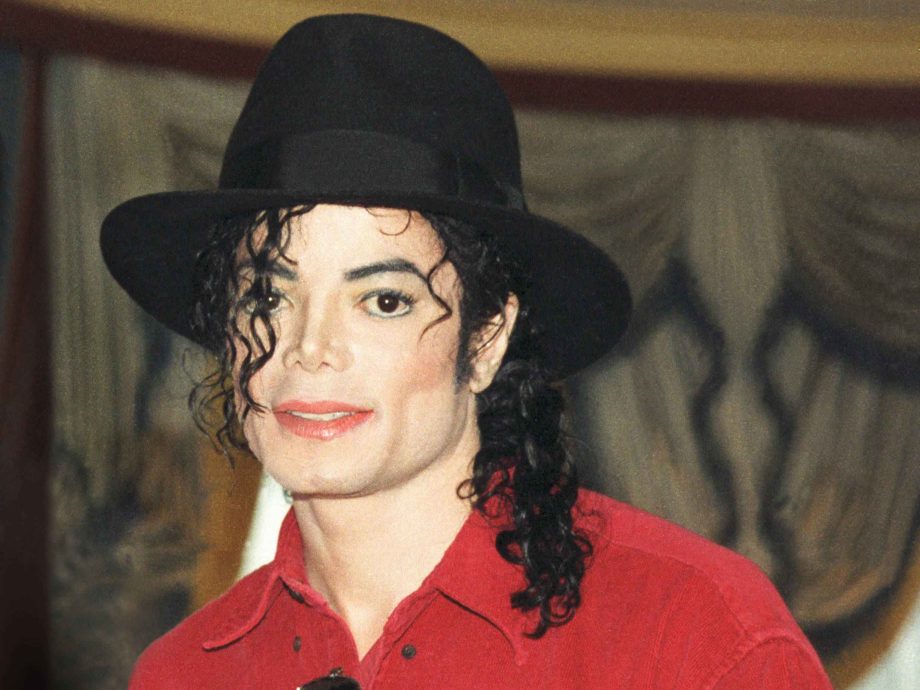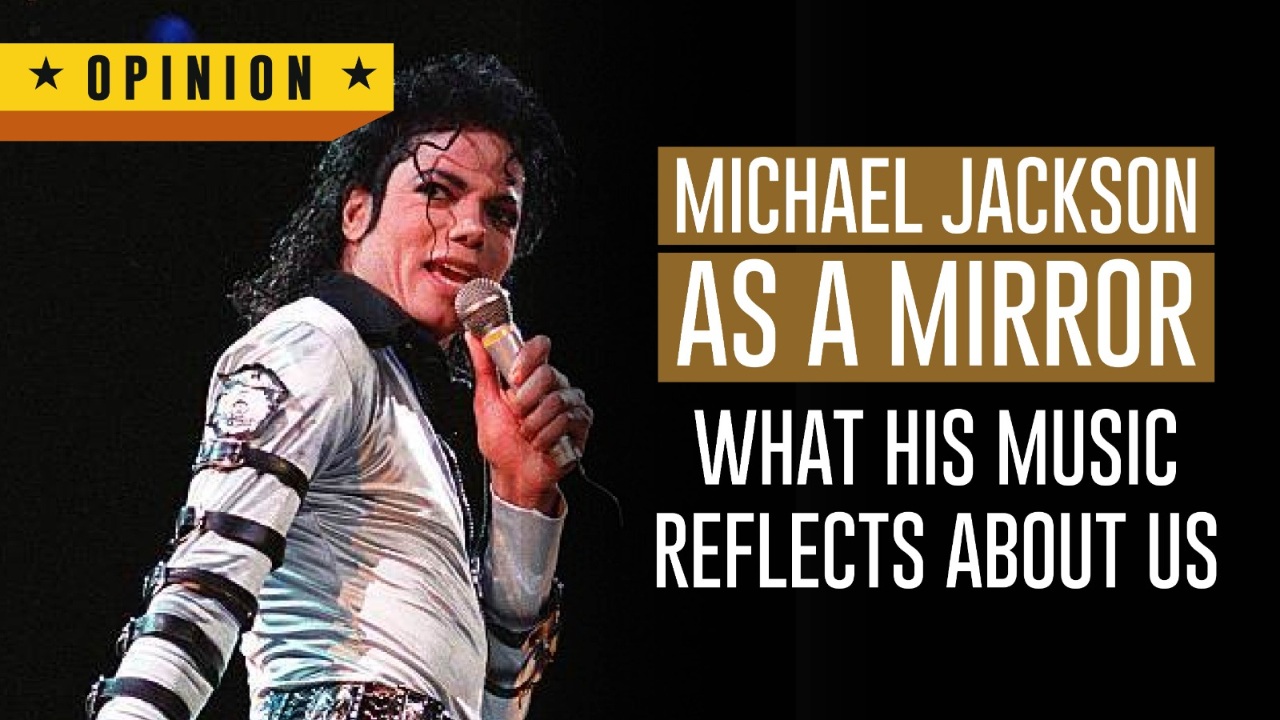Michael Jackson never just performed for us. He exposed us.
He showed how deeply we need to belong. His music didn’t ask for passports. It passed through countries, cultures, languages — and somehow spoke to everyone. That kind of reach doesn’t come from fame. It comes from touching something most people don’t say out loud: I want to be seen. I want to be part of something. When he sang “We Are the World” or “Heal the World”, people listened — not because it was pop, but because it was hope.

And yet, the same world that celebrated him picked him apart.
We consumed MJ. Then we judged what we didn’t understand. His changing skin, his face, his voice — it made people uncomfortable. But the discomfort wasn’t about him. It was about us. About race. About beauty. About identity. He became a projection surface for the things society is still afraid to face.
Jackson’s fame didn’t shield him — it stripped him. He was idolized, then isolated. He told us so — “Leave Me Alone”, “Privacy” — but the noise only got louder. We wanted access. Not to his music, but to him. His pain. His past. His body. And when we got it, we didn’t know what to do with it.

He spoke often about childhood. Or the absence of it. Not as nostalgia, but as damage. Neverland wasn’t a fantasy. It was a shield. And the fact that the world found that strange — even threatening — says more about our own inability to sit with vulnerability than it does about him.
In the end, what he represented scared people. He was fluid — in race, in identity, in expression. And we don’t handle fluidity well. We like categories. We like to define. Jackson slipped through those definitions, and we punished him for it.
But still — the work remains. The joy, the anger, the beauty, the fear. From “Don’t Stop ’Til You Get Enough” to “Stranger in Moscow”, he gave all of it space. He didn’t give us perfect answers. He gave us a mirror.
And whether we look into it or turn away — that’s on us.

